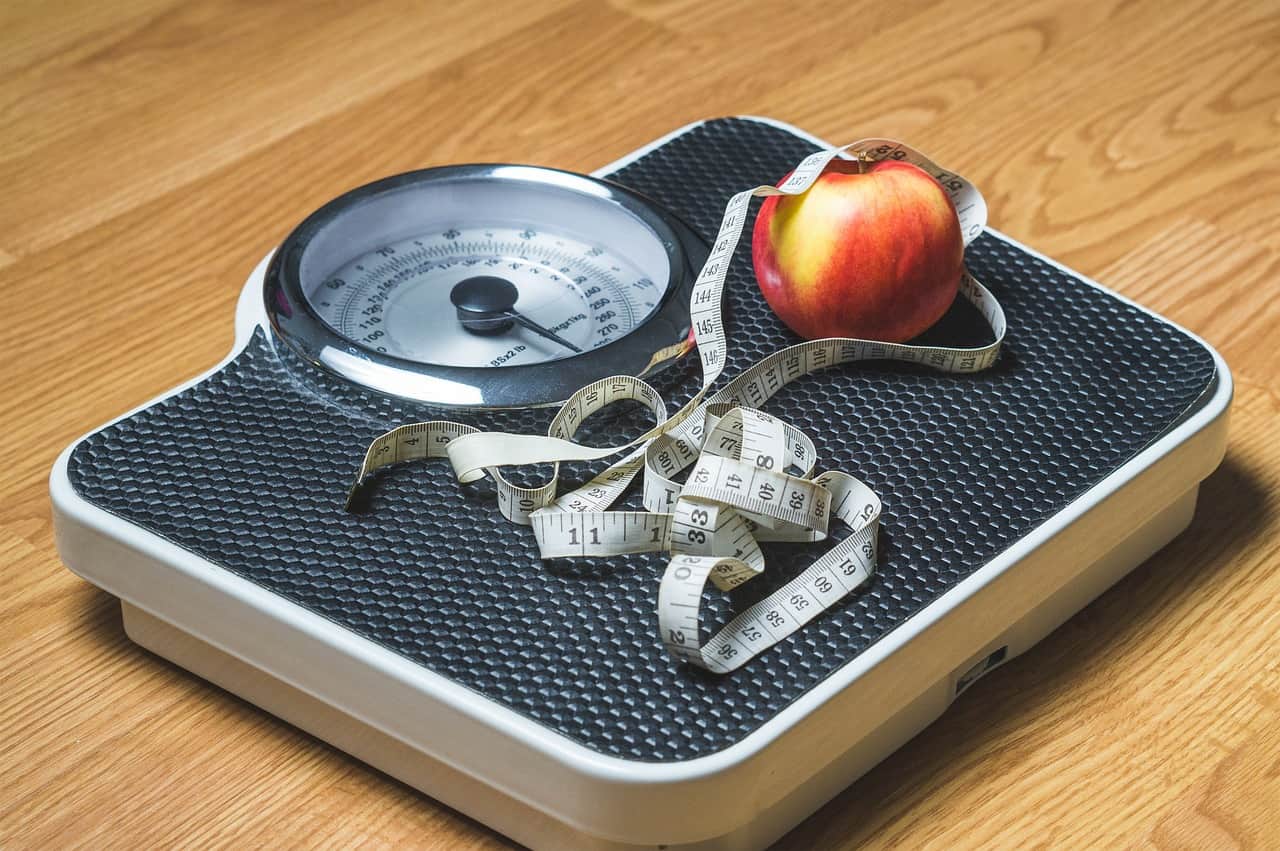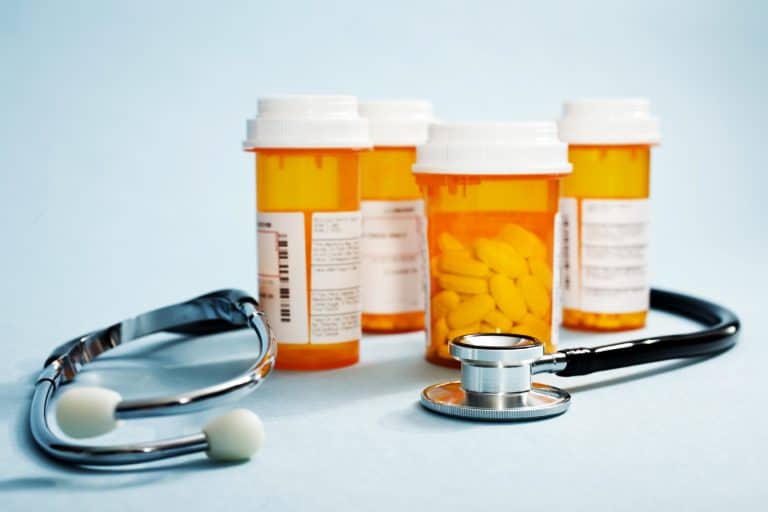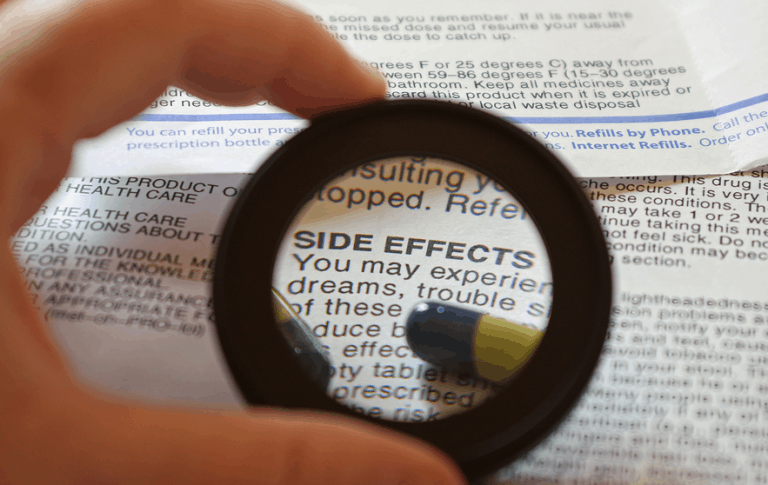Overweight or obese men with diabetes often have more than blood sugar levels on their mind–up to 40 percent of them experience erectile dysfunction and lower urinary tract symptoms, such as urinary frequency or painful urination. But a new study says there is a relatively quick solution to these problems–weight loss.
It’s been established that abdominal fat and type 2 diabetes are associated with sexual dysfunction, urinary issues, and chronic inflammation. All in all, not a healthy package, and one that is also a recipe for cardiovascular problems.
But according to endocrinologist Dr. Gary Wittert, of the University of Adelaide in Australia, and his team, there is “a lifestyle change that’s quick, cheap, easy, and can improve health substantially beyond anything that medication can do.”
Can weight loss improve erectile dysfunction?
That lifestyle change involves losing about 10 percent of body weight. To show the potential impact of weight loss on erectile function and urinary symptoms, Wittert and his colleagues enrolled 31 obese men who had type 2 diabetes into their study.
All the men were screened for urological and sexual problems and then assigned to one of two diets: a liquid meal replacement plan that provided about 1,000 calories per day, or a high-protein diet that included fresh fruits and vegetables, lean meat, and fish, and that reduced caloric intake by about 600 calories per day.
The men followed their assigned diet plan for eight weeks: those on the liquid diet lost 8 to 10 percent of their body weight, and those on the high-protein diet lost 5 percent. In addition, men in both groups said their sexual health and urinary symptoms had improved, too.
For the next 44 weeks, all the men were switched to the high-protein diet, and they responded well, losing about 10 percent of their body weight while continuing to enjoy better erectile function and an improvement in urinary function.
Another benefit seen in the study: the high-protein, low-fat diet reduced inflammation throughout the body, which helped sustain the improvements in sexual, urinary, and endothelial function. What’s endothelial function? Glad you asked.
The inside of blood vessels, including those in the penis, have a lining called the endothelium. When a man becomes aroused, the endothelium in the blood vessels in the penis release nitric oxide, a substance that allows the surrounding muscles to relax, and then from there, things start to look up.
The endothelium can be damaged by various factors, including high blood pressure, diabetes, oxidative stress, and excess weight. When the endothelium is damaged, blood flow can be impaired and a man may find it difficult or impossible to get or maintain an erection.
So although the sample size in this study was small, its results suggest—and other evidence supports them—that overweight diabetic men could do themselves and their partners a big favor by losing weight.
Read more in our Erectile Dysfunction Health Center.
Reference
Khoo J et al. Comparing effects of a low-energy diet and a high-protein low-fat diet on sexual and endothelial function, urinary tract symptoms, and inflammation in obese diabetic men. Journal of Sexual Medicine 2011 Oct; 8(10): 2868-75







